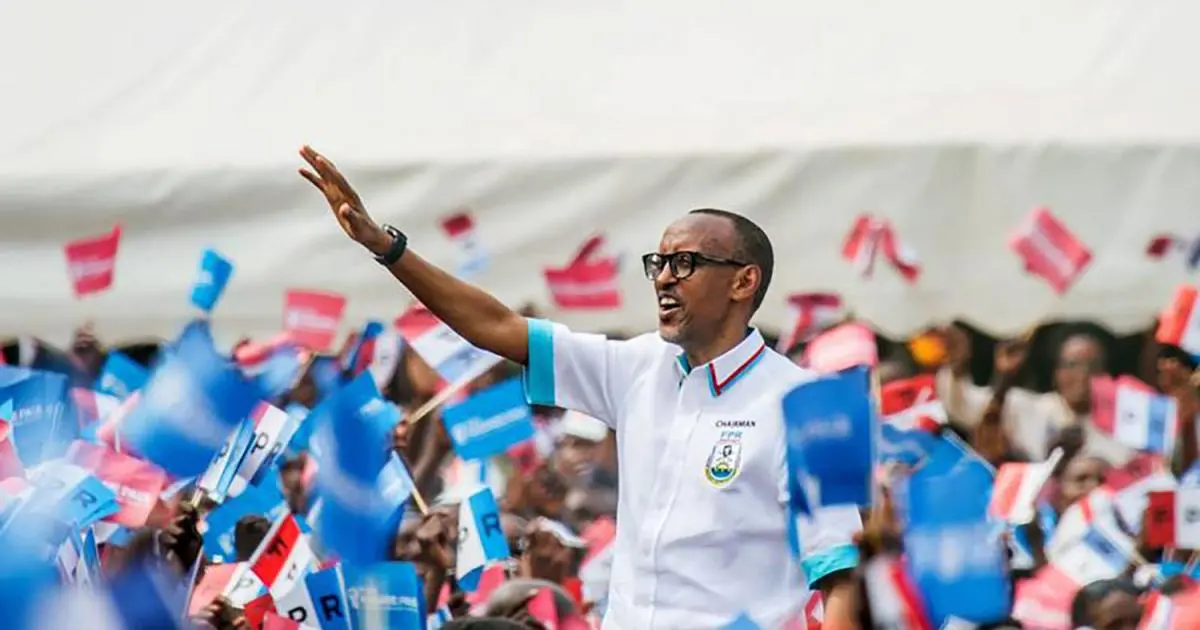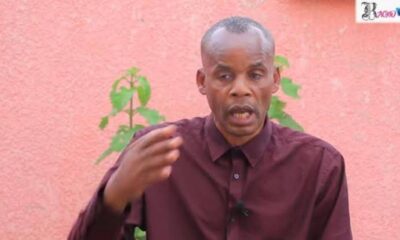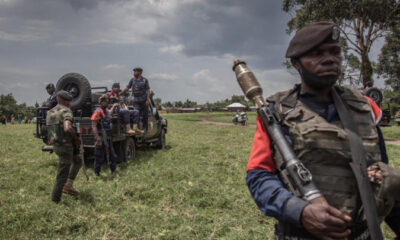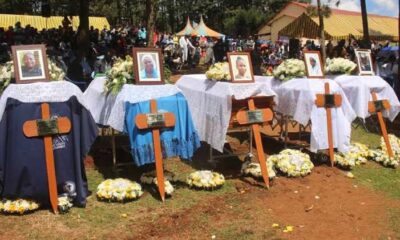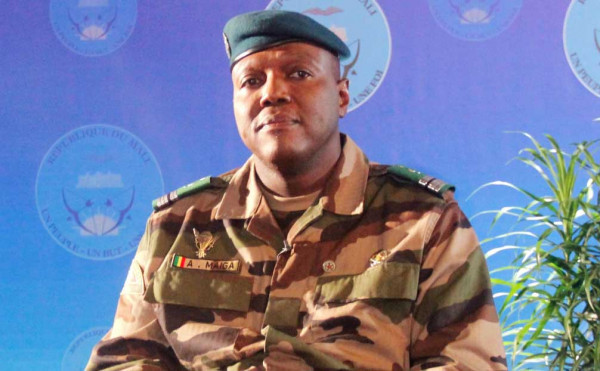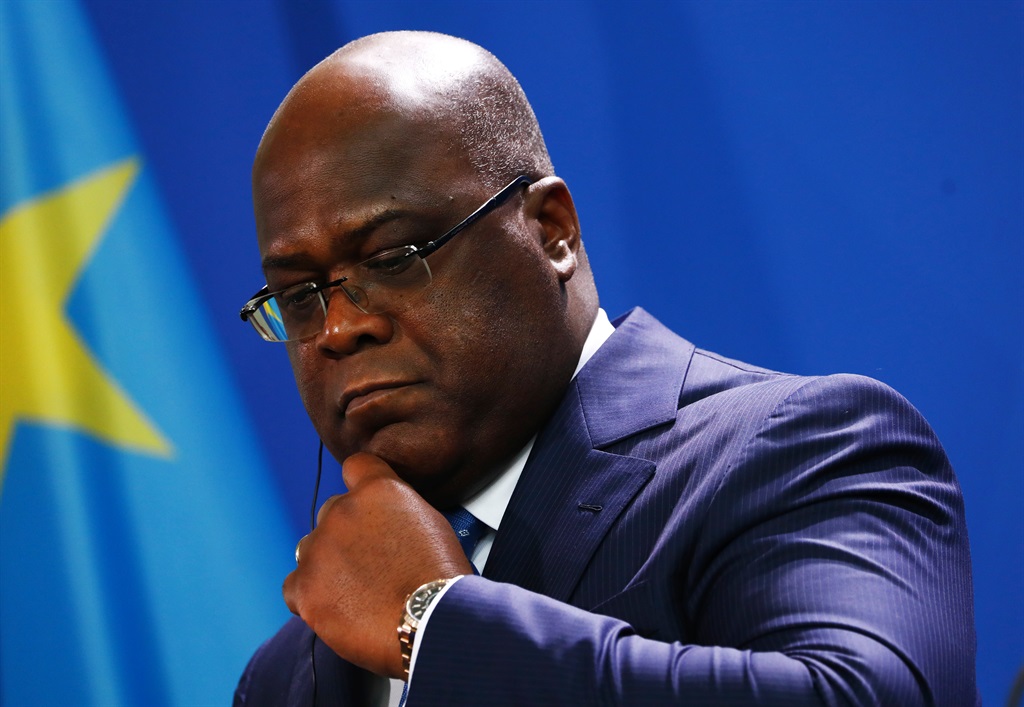East African country, Rwanda, has set July 2024 as the date for its next presidential elections, with incumbent Paul Kagame seeking to extend his roughly three decades of control of the country.
According to a presidential order published in the official gazette, nationwide elections for the lower house of parliament’s 53 deputies and the president will occur on July 15, with elections for the remaining 27 deputies scheduled for July 16.
Earlier this year, the president was re-elected to a five-year term as chair of the ruling Rwandan Patriotic Front party. Human rights organisations have accused him of suppressing political opposition and silencing independent media, for which he has come under increasing pressure.
Ideal Democratic Party, Democratic Union of the Rwandan People, Prosperity and Solidarity Party, and Rwandan Socialist Party were among the groups that have declared support for Kagame’s re-election at the 2024 polls.
Political activist, Victoire Ingabire Umuhoza, declared that her United Democratic Forces party would challenge Kagame if registered in time. At the same time, Frank Habineza, the Democratic Green Party of Rwanda’s 2017 presidential candidate, has also stated that he will run again in 2024.
Rwanda held its last presidential elections on August 4, 2017. Paul Kagame, the current president of Rwanda, received 98.79% of the vote to win a third seven-year term in office.
A 2015 referendum authorised constitutional amendments that reduced the length of presidential terms from seven to five years and permitted incumbent President Paul Kagame to seek a third term in office in 2017. However, the latter change would not take effect until 2024.
The United States criticised the constitutional amendment in 2015, arguing that Kagame ought to resign at the end of his term to make room for a new generation of leaders.
Since the end of the 1994 genocide, which is said to have killed 800,000 ethnic Tutsis and moderate Hutus, Kagame has received praise from all around the world for overseeing economic expansion and peace.
As a result, some observers have used Kagame as a model for a hypothetical “benevolent dictator” argued to be necessary for the continent’s development.

 Sports2 days ago
Sports2 days ago
 Metro2 days ago
Metro2 days ago
 Metro1 day ago
Metro1 day ago
 Culture2 days ago
Culture2 days ago
